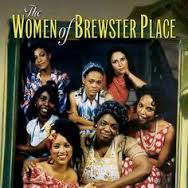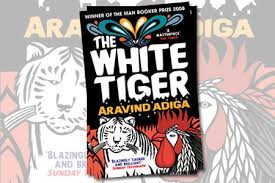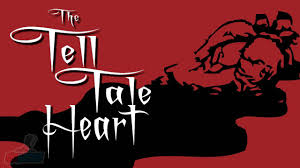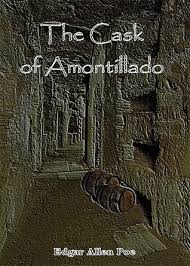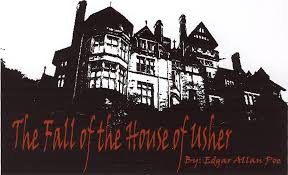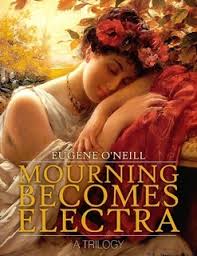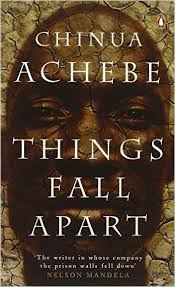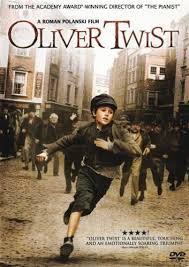harry potter webquest
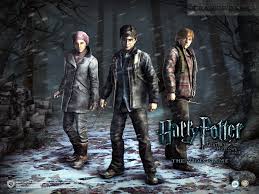
Self-Help culture and Harry Potter : Harry potter is a self help book. A self-help book is one that is written with the intention to instruct its readers on solving personal problems. The books take their name from Self-Help , an 1859 best-seller by Samuel Smiles , but are also known and classified under " self-improvement ", a term that is a modernized version of self-help. Self-help books moved from a niche position to being a postmodern cultural phenomenon in the late twentieth century The theme of Choice and Chance : the Harry Potter series is esteemed and loved for many reasons: the rich fantasy world, the beloved characters, the humor, the suspense-driven plots, the meaningful choices... and the way the plot fits together like a tightly constructed jigsaw puzzle. The endings of the Harry Potter novels are filled with "oh, yeah!" moments in which everything suddenly fits together in new and unexpected ways: the revelation of Tom Riddle as




